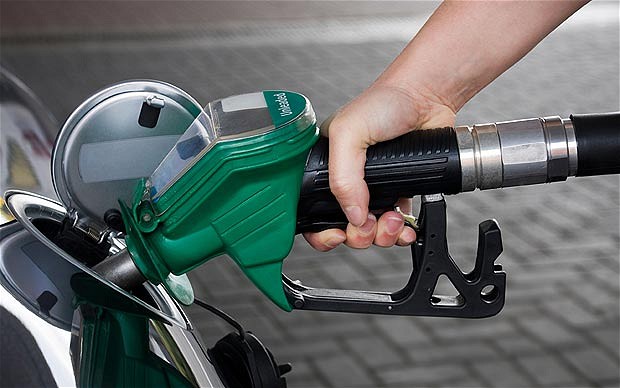Creating clear and consistent guidance on fuels

Author: Richard Jones, managing director, Black Horse (pictured)
The future of fuel
The past few weeks have seen the start of a subtle change in the tone of commentary around the future of fuel.
While I believe we still have a long road ahead, this is hugely positive, not just for our industry, but for drivers in general.
For example, we saw balanced and informed press coverage of the announcement that London’s ultra-low emissions zone (ULEZ) will be extended from 2021.
Much of what was written accurately emphasised the impacts on older cars and the need for drivers to shift to newer models to avoid incurring a charge – and crucially how this impacts both petrol and diesel vehicles.
Coverage also explained ULEZ standards by engine type, with several references to Euro 6. 
The 'demonisation' of diesel
This marks a shift away from the so-called ‘demonisation’ of diesel and is one step on the road to drivers becoming more informed about the key considerations when choosing a car.
Of course, it will take time to turn the tide completely and anti-diesel sentiment still exists.
However, the increased accuracy in reporting the impacts of ULEZ changes was far more encouraging than some of the coverage we have seen.
We also saw Greg Clark, secretary of state for business, energy and industrial strategy, say it would be wrong for people to hold on to existing diesels rather than upgrading to a more environmentally friendly one.
The distinction made between older and newer diesel engines shows that Government thinking on this subject is starting to mature.
Ending the confusion
Nevertheless, our drive to create a more informed consumer regarding fuel options must continue and I do agree that existing diesel drivers may be delaying their next purchase due to confusion around what to buy.
We can all play a part in creating clear and consistent guidance for consumers on this topic, to support customers to make the right choices for them.
In the long term, the shift to zero-emissions technologies is crucial, of course, but the path to get there still needs more clarity, and it is here, it seems to me, that we are seeing signs of progress
To find out more from our sponsor please complete the form below and someone will be in touch.













